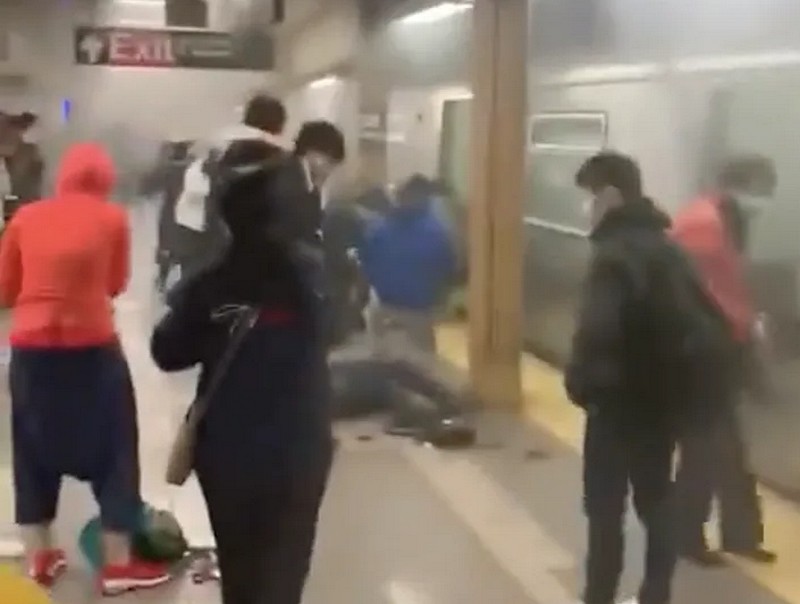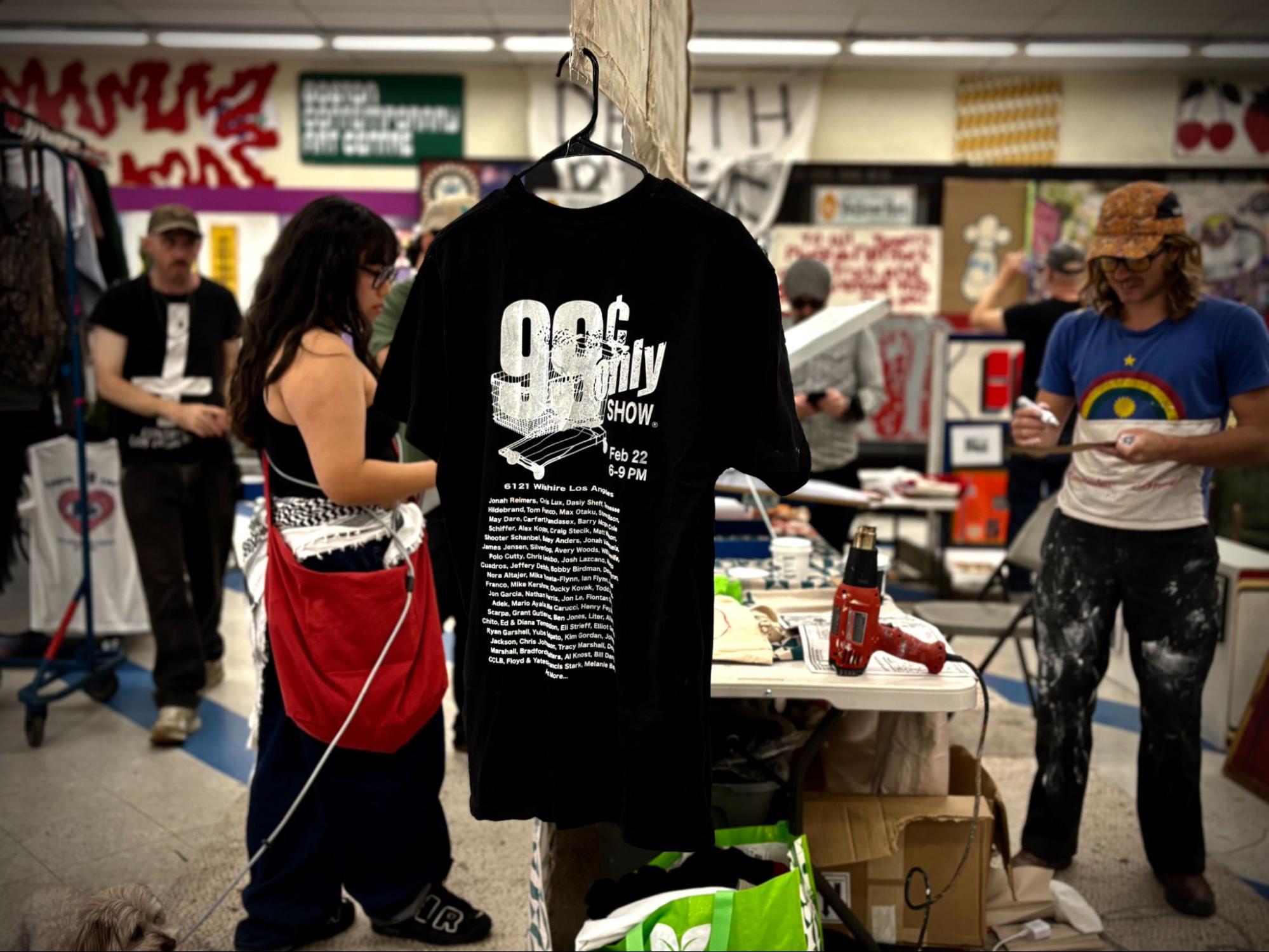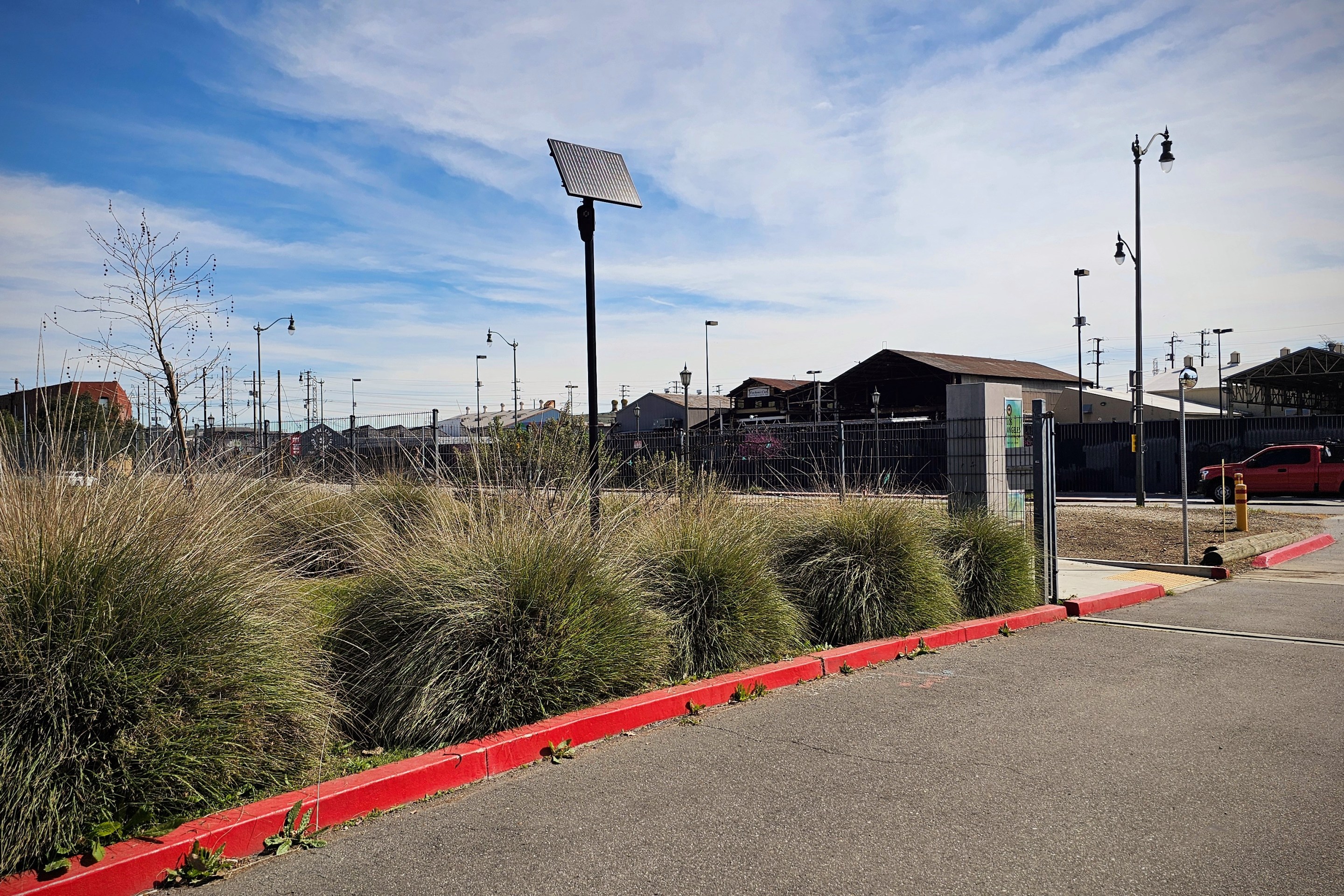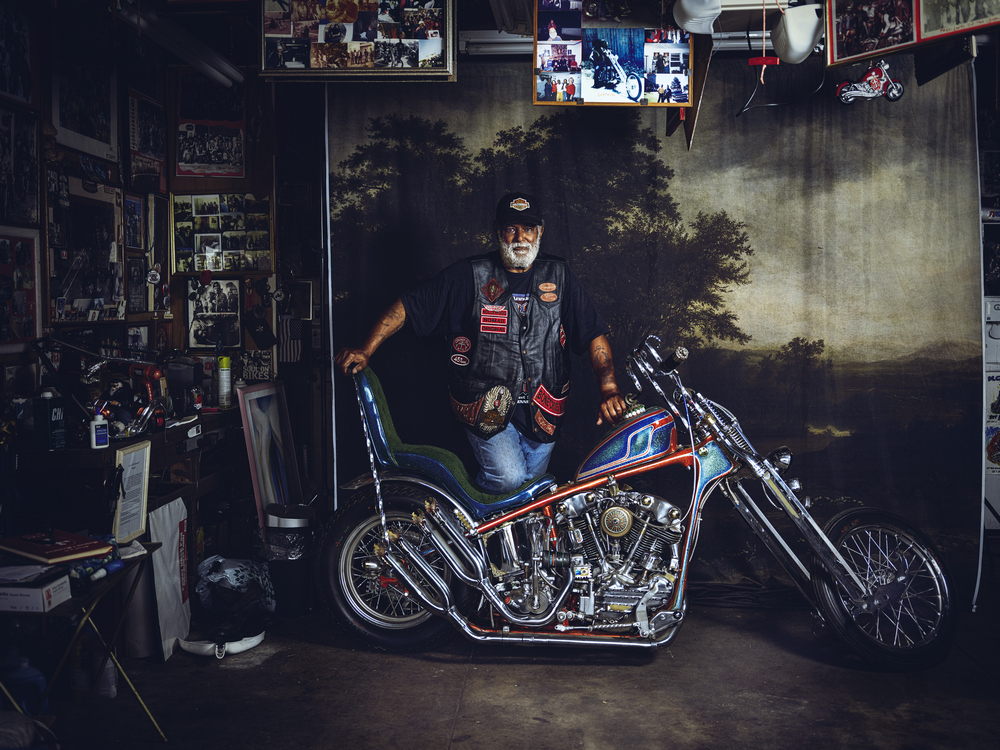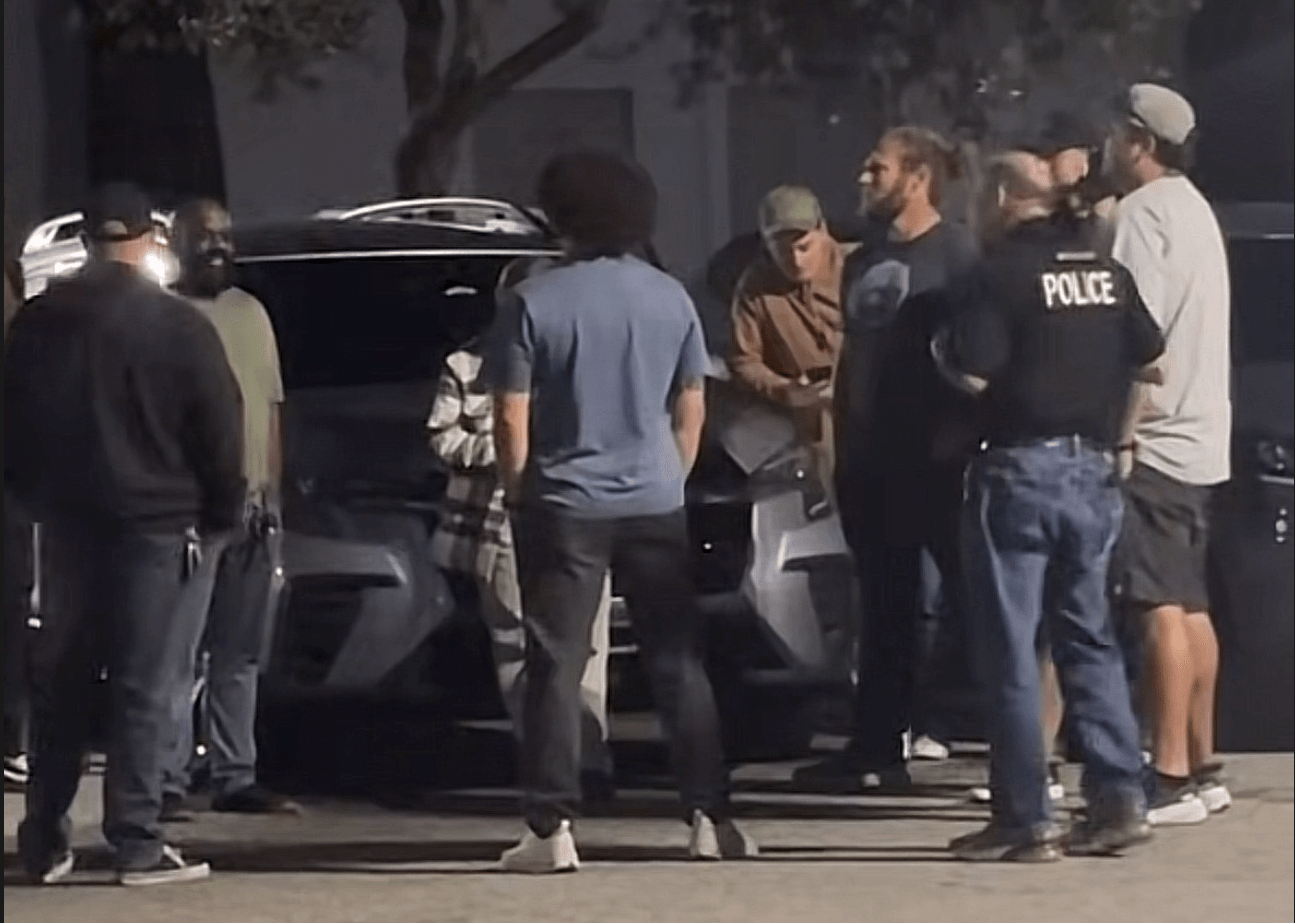Two Mexican heroes living in New York are attempting to fight the threat of deportation despite their roles in identifying the shooter in Brooklyn's April 12th subway shooting attack.
Francisco Puebla and a woman only identified by her last name of Flores are both undocumented New Yorkers whose information and participation led to the capture of shooting suspect Frank James.
Flores was a witness to the attack as it unfolded, bravely recording a cellphone video that she later turned over to the police. Puebla was part of a three-man crew upgrading surveillance cameras at Saifee, a hardware store in Manhattan's East Village where he works as a manager. They saw the suspect walk by and alerted an NYPD patrol car stopped at a red light.
Flores, who was pregnant at the time of the attack, is subject to a deportation order stemming from a 2000 ICE raid on an Amtrak train she was riding, making it more of a risk when coming to the police with her footage. She was unaware of the order until man years later. Puebla, a father of two boys, is seeking legal residency to help him provide for his sons without fear of deportation.
Another member of the trio working at the hardware store, 22-year-old, Brooklyn-born Zack Tahhan, told his story on the Daily Show before admitting to The New York Times that all three guys "are worried about our families." Tahhan returned to Syria at 13, escaping close calls with bombs that left neighbors dead. He returned to New York to avoid conscription in the Syrian army, while his parents are living in Turkey as refugees.
Although the four heroes were repeatedly commended for their efforts in civic ceremonies, coming forward, along with the increased attention that followed, has raised fears that the undocumented among them will be deported. Tahhan, meanwhile, is applying for green cards for his family overseas. The third man, a graduate student in computer engineering who comes from Lebanon, fears retaliation from Hezbollah back home for his participation with Western authorities.
With help from their lawyers, the heroes have recently begun applying for visas that are supposedly set aside for people who help law enforcement in such cases, or are alternatively hoping to be awarded with political asylum or federal humanitarian parole.
Similar measures have been applied in Europe, such as for a Senegalese man who scaled a building to save a disabled man from a fire in Spain, or Paris's so-called "Spiderman," a young man from Mali who saved a baby dangling from a balcony, and was made a naturalized citizen for his act.
However, this being the "nation of immigrants" prone to being hostile to immigrants, some see little hope in extending and expediting such designations in the cases of Puebla and Flores. Among the 505 "private immigration relief legislation" bills introduced since 2007, asking the U.S. government to grant citizenship or permanent residency to individuals, only three have been enacted, according to ICE statistics. The era since 2007 has been marked by increasingly hostile deportations, including that of thousands of undocumented U.S. war veterans.
An increasingly hostile environment to immigrants and Muslims reached a more fevered pitch under Donald Trump. Flores herself lives in the Sunset Park, Brooklyn, building that resisted repeated raids by ICE in 2019 targeting undocumented immigrants by knowing and exercising their legal rights.
Expressing the feelings of many who want to see the U.S. adopt measures that would help undocumented immigrants quickly become citizens for their heroism, immigration lawyer Luis Gomez Alfaro, who is representing two of the aforementioned subway saviors, tells the New York Times, "We really want the city to spearhead this, because the honors keep coming. But as far as the actual help, we’re still waiting."
